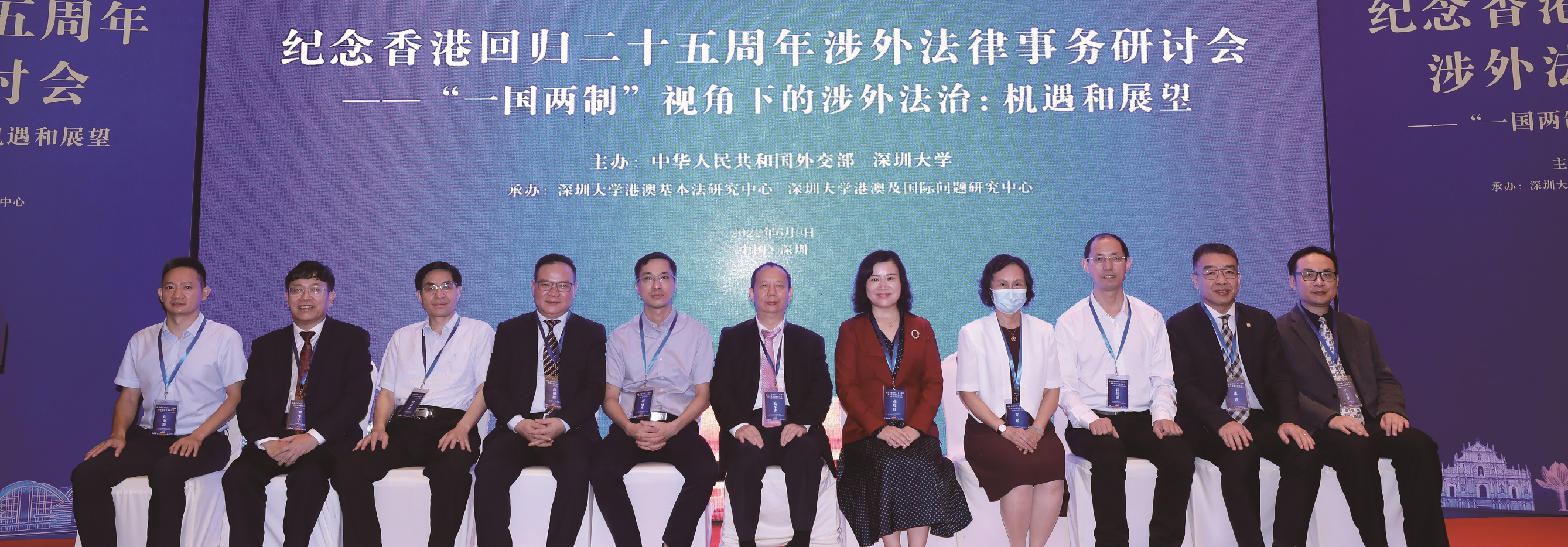Loyalty to mainland prerequisite for Hong Kong’s democratic leaders
Global Times | April 02, 2013 20:58
By Zhang Dinghuai
Qiao Xiaoyang, chairman of the Law Committee
under the National People's Congress, recently delivered a speech on Hong
Kong's 2017 chief executive election, saying that it would be unacceptable for
a candidate who has confrontational attitude to the central government to be
chief executive. Qiao's remarks received support as well as disagreement. Both
have been expressed by the Hong Kong media.
The central government's main policy toward the Hong Kong Special Administrative
Region (HKSAR) can reflect the idea of "one country" under the
principle of "one country, two systems." Without the central
government's policy, "one country" is just an empty slogan.
Before Hong Kong's return to China, people were concerned more about how to put
the "two systems" into effect. After the return, some people advocate
"one country, two systems" while deliberately making use of Hong
Kong's high degree of freedom to misinterpret this principle.
That's why there's a tendency currently in Hong Kong that people only talk
about "two systems" while ignoring "one country." The most
obvious performance is that they do not mention about the basic political
responsibility that the Hong Kong government should take as a special
administrative region that belongs to China.
The central government will support Hong Kong to have universal suffrage
strictly in accordance with the road map. This shows that the central
government insists on the political direction of developing democracy in Hong
Kong.
However, the precondition of the development of Hong Kong's democratic politics
is that Hong Kong is a part of China. "High degree of autonomy"
doesn't equal "absolute autonomy." Without Hong Kong's loyalty to the
central government, "one country, two systems" will not succeed.
To make the HKSAR loyal to the central government, Hong Kong should be governed
by a person who loves both Chinese mainland and Hong Kong.
Qiao stressed that it should be the bottom line that anyone who stands against
the central government will never be accepted as chief executive of the HKSAR.
Just imagine, how can a chief executive who stands against the central
government deal properly with the relationship between Hong Kong and the
mainland well?
As a special administrative region of China, Hong Kong enjoys a high degree of
autonomy. Hu Jintao, former Chinese president, said when addressing the opening
of the 18th Party Congress: "We must both adhere to the one-China
principle and respect the differences of the two systems, both uphold the power
of the central government and ensure a high degree of autonomy in the special
administrative regions, both give play to the role of the mainland as the
staunch supporter of Hong Kong and Macao and increase their competitiveness."
Given that the relationship between the central government and the HKSAR
government is a delicate one, the central government once again stressed that
things should be done strictly in accordance with the Basic Law of the HKSAR.
Therefore, enhancing knowledge of the basic law should be the primary task for
Hongkongers in future.
Promoting suffrage should also be in strict accordance with the procedures that
the basic law requires. The suffrage issue must not be complicated.
Qiao's statement mentioned the names of two leaders of political organizations:
Albert Ho Chun-yan and Audrey Eu. He made it clear that people with views like
theirs cannot be chief executive.
Some Hong Kong media made a big deal of it and believed that this demonstrated
the central government's policy toward Hong Kong has been tightened. In fact,
it is not true. That's only because their stance, which provokes confrontation
between Hong Kong's pro-democratic groups and the central government, is
unacceptable to the central government.
Hong Kong should be governed by Hong Kong people who love both the whole of
China and Hong Kong specifically. This is the basic spirit of the principle of
"one country, two systems." The tolerance of "two systems"
should be based on "one country."
We cannot bear that some people undermine Hong Kong's interests and national
interests with scathing words and sinister actions.
The author is deputy director of the Contemporary Chinese Politics Research
Institute at Shenzhen University. opinion@globaltimes.com.cn



